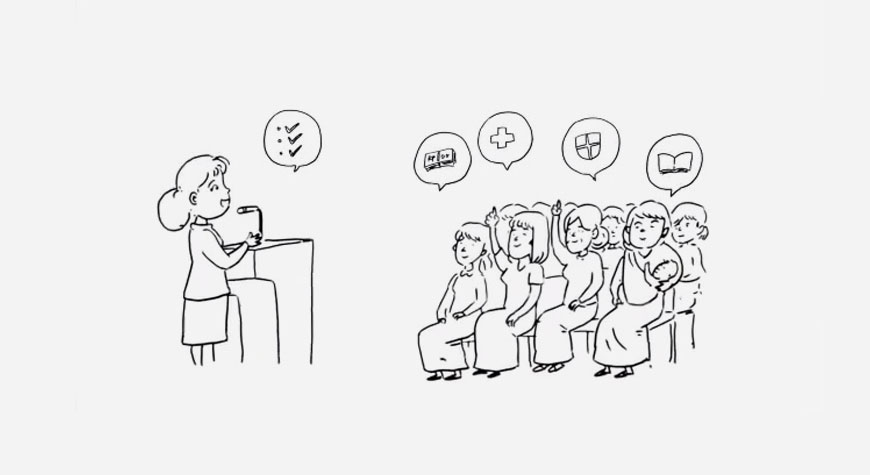Women constitute a major percentage of Indonesia’s population, yet they face biases at work, at home and in public policy. Women in Indonesia remains under represented in the top hierarchy of decision-making positions despite the 30 percent quota system that has been placed on legislative candidates since 2009.
Women are often strong mobilizers for their political parties yet a few are selected as candidates for their party’s campaigns. Will the affirmative policy affect the number of women legislators elected in Indonesia?
International NGO Search for Common Ground (SFCG) launches a series of YouTube videos, provides support and helps educate the general public to realize the potential role of having women in democracy and try to change Indonesian attitudes on unequal gender representations. At present, only 18 percent of parliament members are women, and in the provincial and district levels women representations are 16 percent and 12 percent, respectively.
The videos also highlight the importance of “quality and capability” of those women vying for legislative seats, with many lacking political and campaign literacy. As a result, some candidates who get elected are incompetent and women’s issues in workplace, education and children in many cases continue to be neglected.
Since 2008, there are 207 bylaws in the country that are discriminative against women.
“Women’s voice is hardly heard. The number of female legislators in parliament is far from ideal, while it is the duty of parliament members to produce better laws. As long as women remain left behind, many laws continue to be unfavorable to women,” according to the video.
Check out this short, simple and entertaining sketchy video from SFCG.








Comments